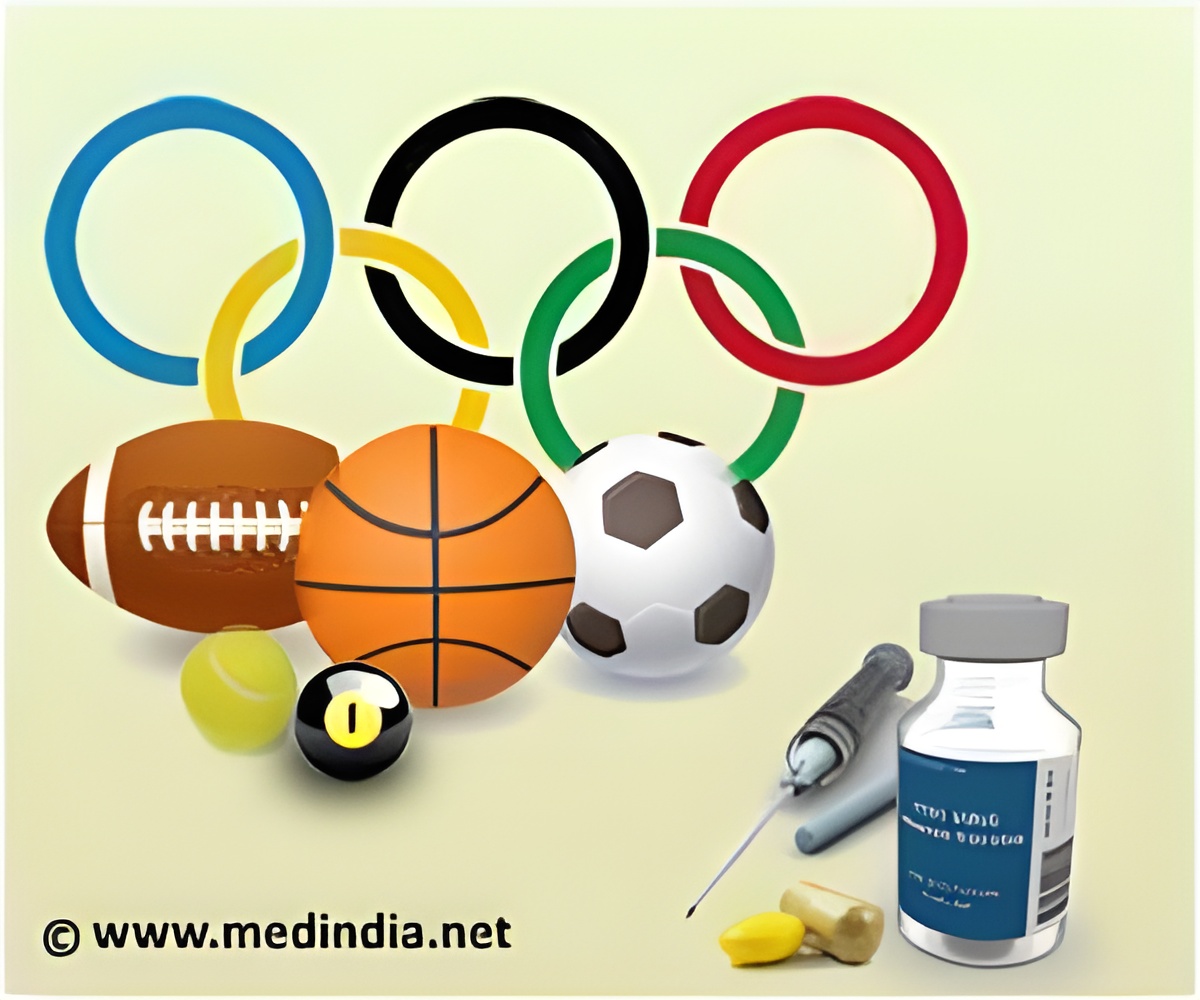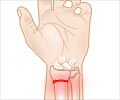More than 50% of athletes are tempted by performance-enhancing drugs, even when the risks are high, revealed a new study.

‘More than 50% of athletes are tempted by performance-enhancing drugs, even when the risks are high, revealed a new study.’





Then, someone offers you a magic pill with two guarantees - that you won't get caught and that you'll win everything. There's just one catch: you'll be dead within five years from the pill's side effects. Would you take it?
A popular 1995 survey of Olympic hopefuls found that more than 50% of those given that proposal said they'd do it, lending insight into why many athletes are tempted by performance-enhancing drugs, even when the risks are high.
"I think that really speaks to the mentality," said Dr. Matthew Silvis, director of primary care sports medicine at Penn State Health Milton S. Hershey Medical Center. "They are not really thinking about life down the road because they are so wrapped up in the moment. This is their opportunity."
While football players are more likely to use steroids or testosterone to beef up, cyclists may be tempted by EPO, or erythropoietin, a drug designed to help patients in kidney failure, which some athletes use to increase their endurance.
Advertisement
He said scientists behind performance-enhancing drugs work hard to create products that are more difficult to detect, with the latest frontier being alteration of a person's genetics to be a better athlete.
Advertisement
Once the games are over, the leftover effects of doping can derail even the healthiest athlete's system.
Those who take EPO can find their body creating so many red blood cells that they develop clots and pulmonary embolisms.
Weight lifters who use testosterone have experienced shrinking testicles and deep, scarring, cystic acne on their chest and back, as well as swelling of the arms and legs, fluid retention, stretch marks and psychiatric problems such as depression, anxiety and insomnia. Women who use testosterone can become permanently infertile.
Because many of the drugs are administered by injections, there is also the risk of being infected with a dirty needle.
Dr. Cayce Onks, a family and sports medicine specialist at the Medical Center, said doping controversies have been part of the Olympics since its earliest days.
This year's headlines about the Russian Olympic team are just the latest in the saga, although with 270 Russian athletes now cleared to compete, he said it's probably the biggest scandal to date.
These days, the incentives to take a chance on performance-enhancing drugs are huge.
"Anyone who gets a gold medal has the benefit of TV contracts, announcer gigs, commercials and all the money that comes with it. It's not just the prestige and satisfaction of competing at that level and winning," Onks said. "Tenths of seconds can mean the difference between a medal and no medal, so whatever they can do to get that extra tenth, they want to try."
Source-Newswise













